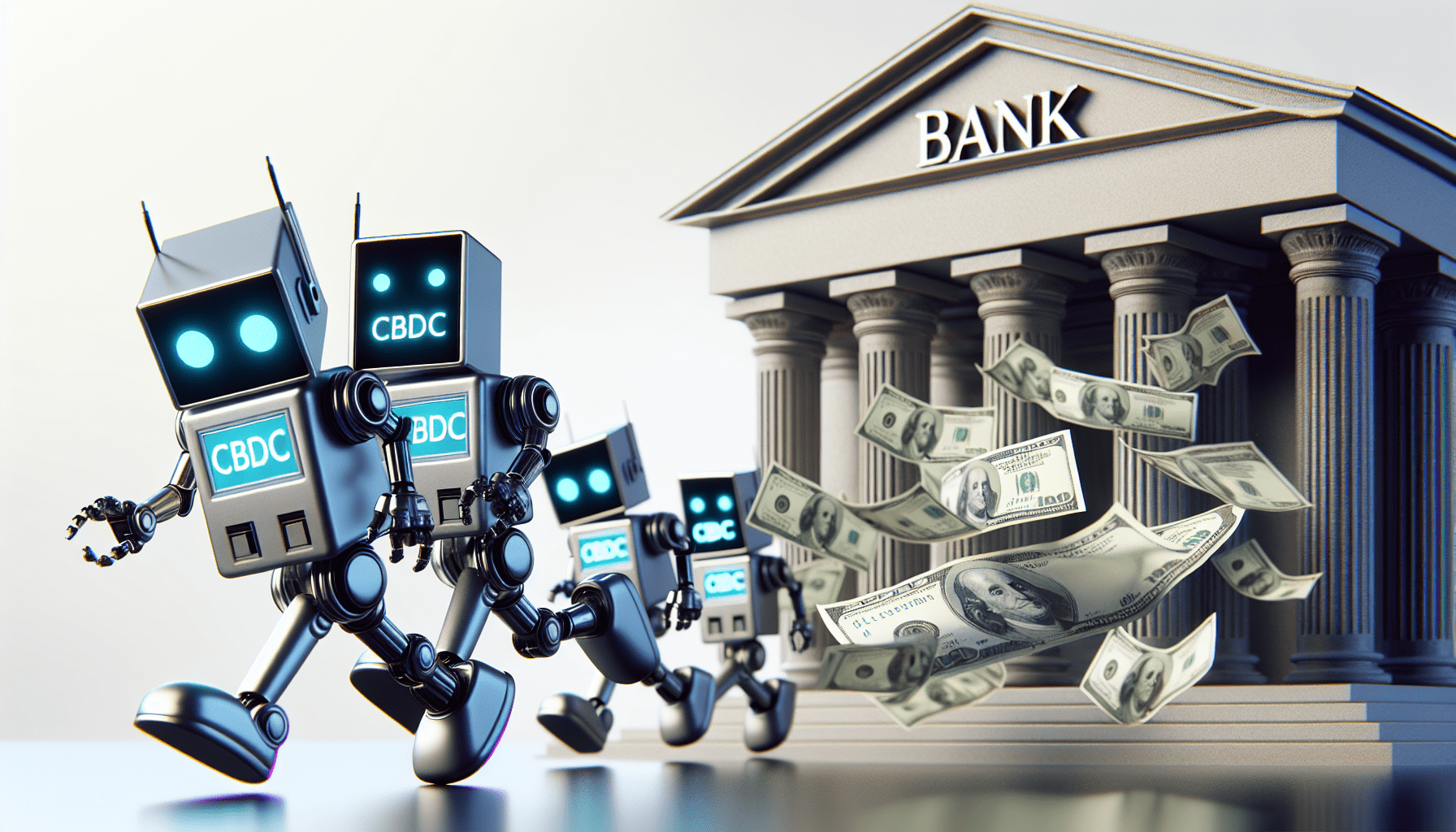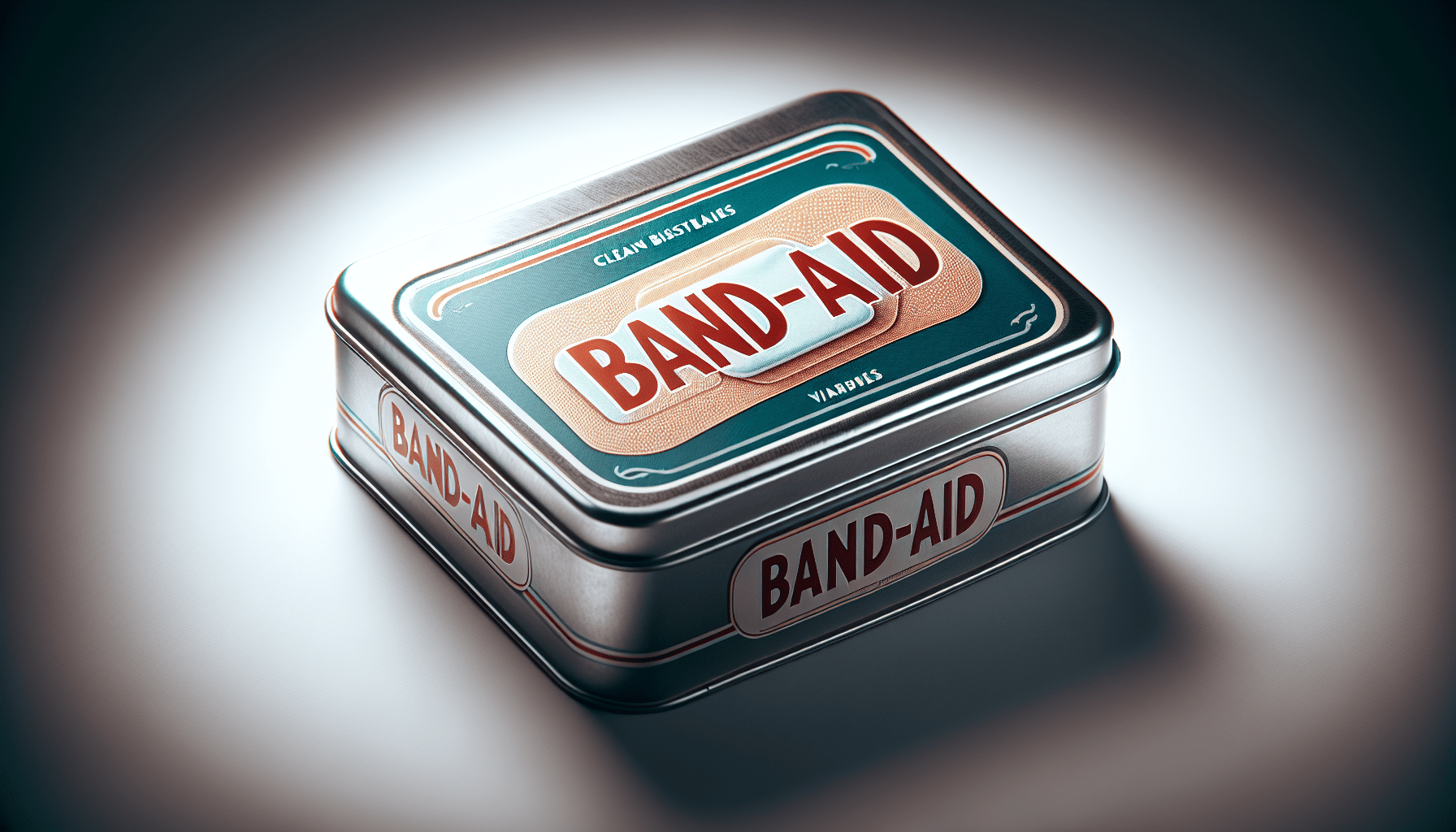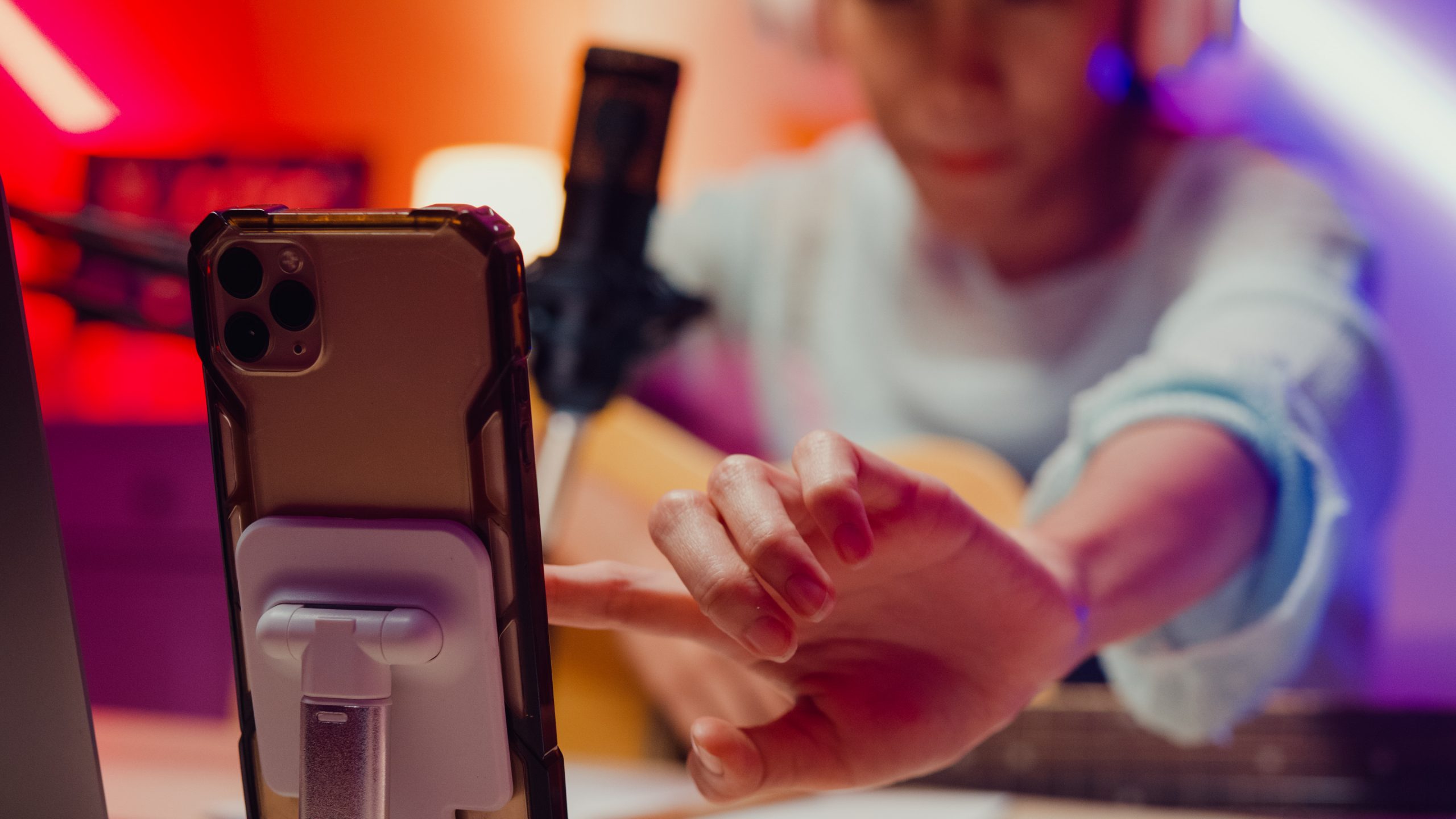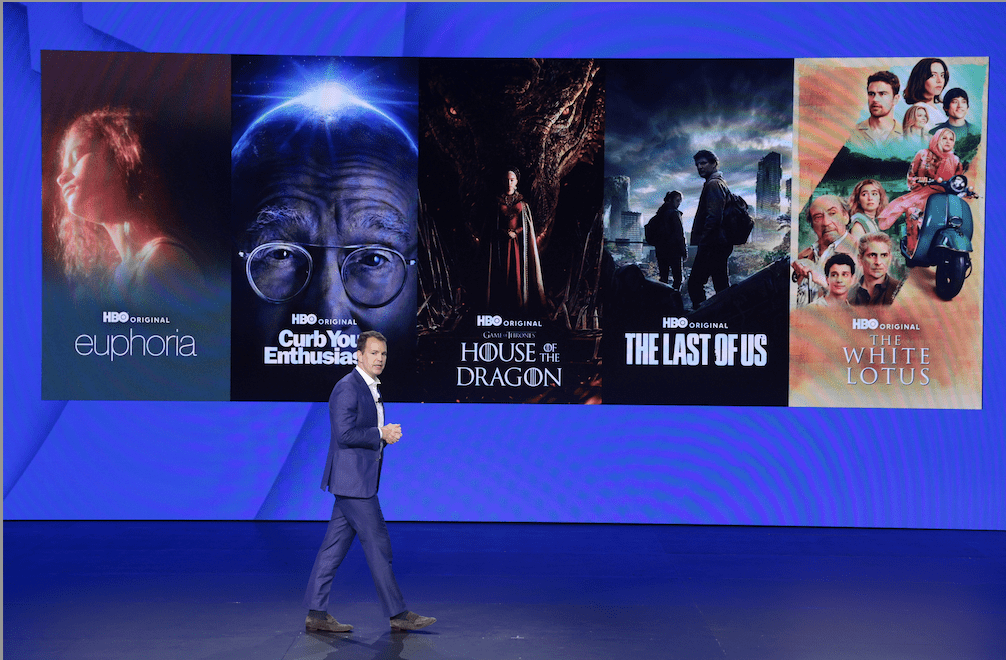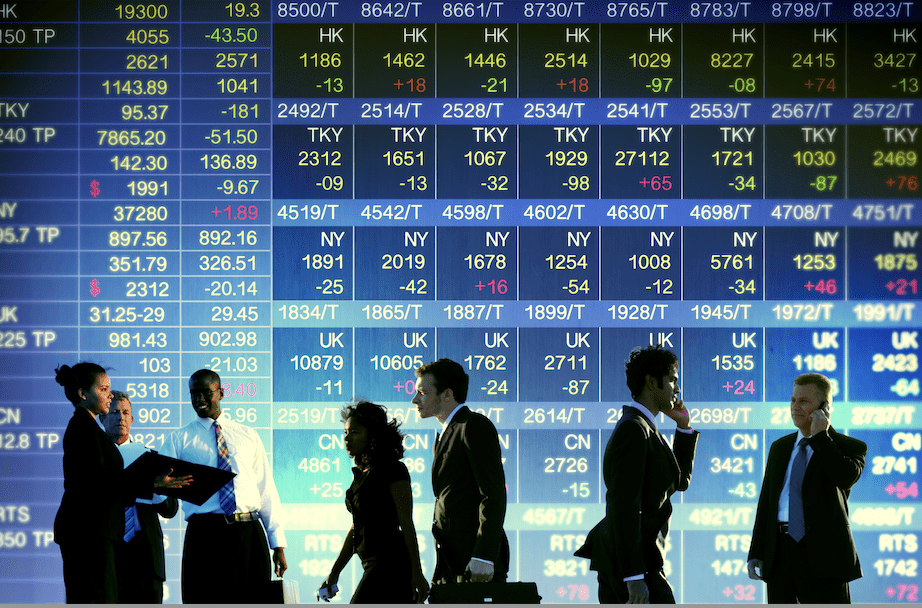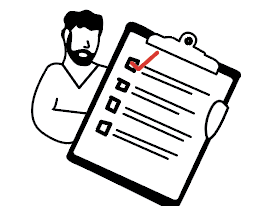Here’s the Cure for Inflation!
Spoiler Alert: A surefire way to curb inflation—higher prices
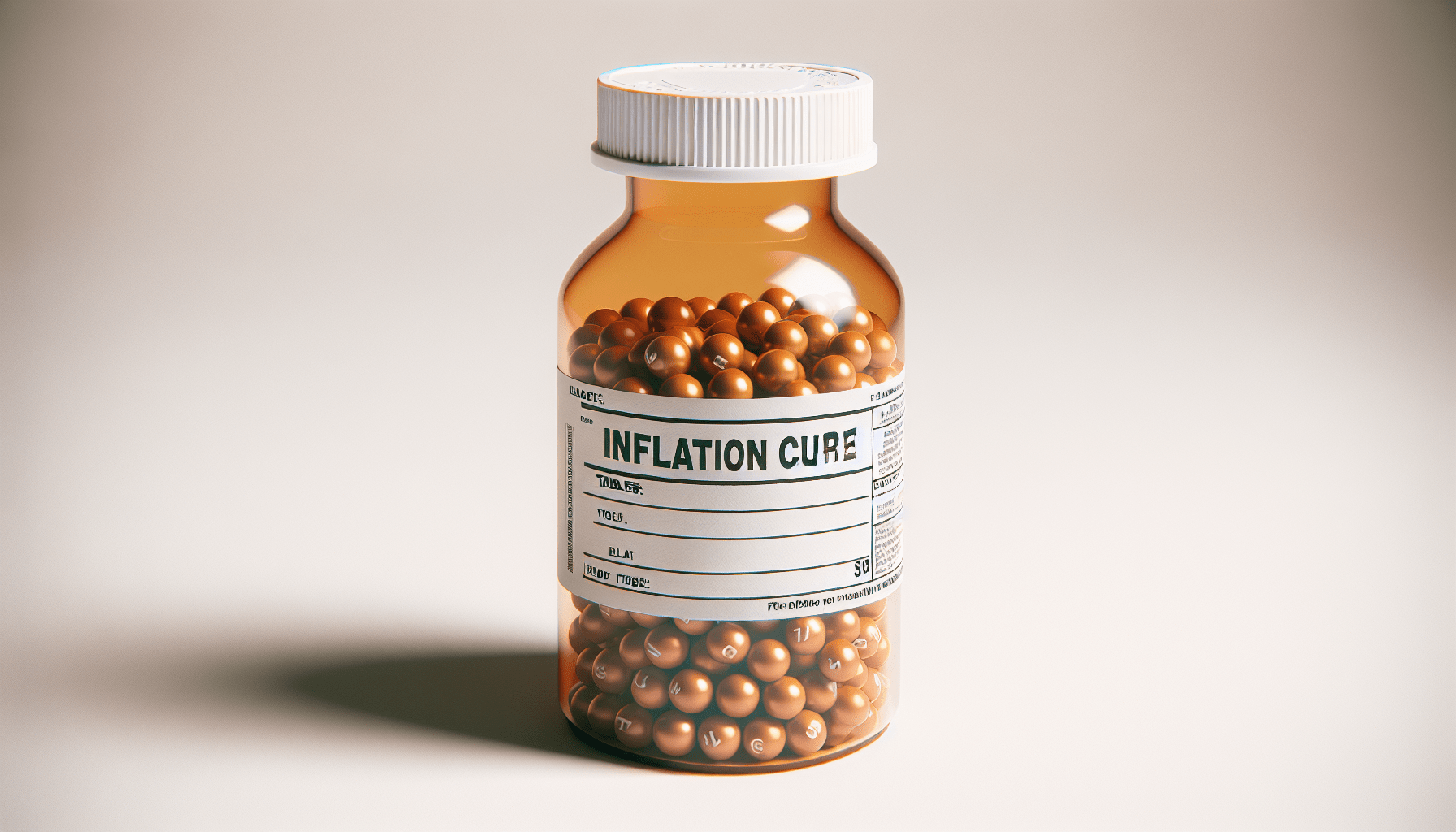
Consumers are fed up and they’re not going to take it anymore!
That slightly modified line from the movie Network says a lot about the economy. Even though inflation is slowing, prices remain high—often prohibitively high for lots of Americans.
In fact, sticker shock is stinging shoppers so smartly that they’re postponing nonessential purchases and meeting some of their needs by substituting cheaper alternatives.
But their newfound thrift may be doing more than simply keeping households afloat. The pronounced trend toward belt-tightening may help bring down inflation, according to Tom Barkin, president of the Federal Reserve Bank of Richmond, Virginia.
“While inflation is down, prices are still high, and I think consumers have gotten to the point where they’re just not accepting it,” Barkin said last week at a conference for business economists. “And that’s what you want: The solution to high prices is high prices.”
If that’s the bitter pill that can cure inflation, relief may be on the way—because the prescription is being filled all around us, according to the nation’s retailers.
It’s why a quarterly earnings report from The Home Depot set cable news shows aflame. “Home Depot Issues a Warning About the Economy,” screamed a headline on the CNN website, referring to the slowdown in consumer spending witnessed at the megastore chain.
The home center giant’s boss, CEO Ted Decker put it this way in a press release: “Higher interest rates and greater macro-economic uncertainty pressured consumer demand more broadly, resulting in weaker spend across home improvement projects.”
That lackluster demand is reflected in discounted prices for slow-moving merchandise in electronics, home goods, gardening and building, said retailing analyst Jessica Ramirez of Jane Hali and Associates.
In one example, consumer electronics were discounted 12% on Amazon Prime Day last year but by 20% for this year’s event, Ramierz reported in a conversation with a CNBC interviewer.
Price cuts of that magnitude might seem like a godsend to cash-strapped consumers and a cruel-and-unusual punishment for retailers. But nearly everyone might suffer in the long run.
That’s because consumer spending has long been recognized as the engine powering the U.S. economy. If it declines precipitously, recession would no longer be a question of “if.” It would become a question of “when.”
Though it’s difficult to prove cause and effect, reluctance to spend may already be having an effect. The July consumer price index tells us inflation declined to a modest 2.9%, its lowest level since 2021.
But could that mean we’re hitting the brakes too hard?
Is recession lurking?
Until lately, several phenomena have sustained the nation’s unfettered consumer spending habits.
First came the pent-up demand resulting from the COVID-19 pandemic. Whether we’ll admit it or not, lots of us couldn’t wait to break out of home confinement and spend the savings that were piling up from remote work. Stimulus checks, which many considered something akin to a gift, were burning holes in proverbial pockets.
We immediately took to the streets in search of all the relatively big-ticket merchandise we’d been doing without, like furniture and electronics. Plus, we wanted to get back to living our best lives by hitting the America’s bars, reserving tables in the nation’s restaurants and booking tickets on world’s airlines.
Finally free to leave the confines of their condos, houses and apartments, the populace spent cash with enough abandon to send businesses on hiring sprees to meet the demand. The sizzling hot jobs market sent wages soaring at a place even hotter than the resulting inflation.
The outpouring of consumption pulled the nation out of the pandemic recession that put a stranglehold on the economy in February and March 2020 when the major stock indices had fallen by a gut-wrenching 20%-30%.
You may recall the global economic system was more-or-less simultaneously coping with a crude-oil price war Saudi Arabia started with Russia. That pushed the already weak demand for oil from among a population under quarantine to fall as much as another 34% for U.S. oil.
But relying on a burst of consumer spending to help the world recover from that recession also came with a downside—painfully high inflation that peaked at 9.1% during the pandemic.
Inflation declined but remained far too strong for consumers to sustain their lavish purchasing jag. They’ve cut back on purchases to cope with the high prices.
The shock of those adjustments varies in severity. Members of the middle class might put off building that new patio. In more extreme cases, families might switch from steak to hamburger. The poor might have to choose among paying for food, rent or medicine.
However, those rocky decisions would no longer be necessary for many of us if the forces shaping the economy would come together to bring a “soft landing.” That’s when the inflation is tamed without having to causing unemployment.
You can count Jamie Diamond, CEO of JPMorgan Chase, among those who don’t think such a favorable outcome is on the horizon.
The markets are pricing in a 70% chance of a soft landing, but Diamond views the chances more like 35%, he said in an interview with The Wall Street Journal.
For context, Diamond told The Journal the economy in general is fine. He cited a strong housing market, lofty stock prices, plentiful jobs and reasonable wages.
However, not everybody is taking part in that version of America, he continued, noting the problems of fentanyl, alcohol and suicide among the bottom 20% of the population whose income is rising to keep pace with inflation.
Moreover, Diamond is feeling a vibe that reminds him of the 1970s, and he notes that everything seemed upbeat in ’72, only to sour by ’73.
“Don’t get lulled into a false sense of security that because today looks okay that tomorrow is going to be okay,” he told The Journal.
Ed McKinley is Luckbox‘s Editor-in-Chief.

